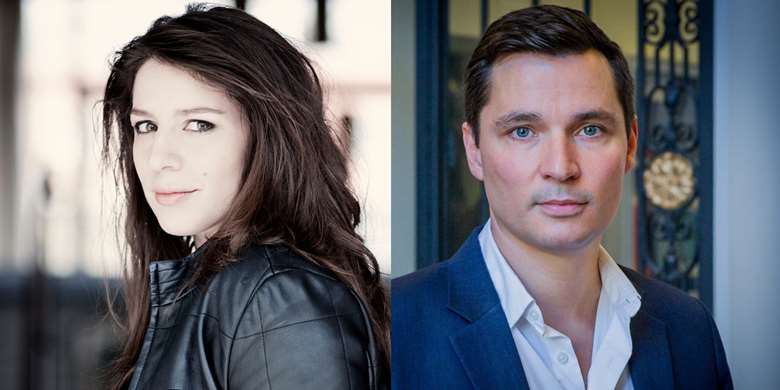The art of the collaborative pianist
Elizabeth Watts
Monday, February 4, 2019
Elizabeth Watts and Simon Lepper agree that the time has come, once and for all, to leave the term ‘accompanist’ behind

Register now to continue reading
Thanks for exploring the Gramophone website. Sign up for a free account today to enjoy the following benefits:
- Free access to 3 subscriber-only articles per month
- Unlimited access to our news, podcasts and awards pages
- Free weekly email newsletter








